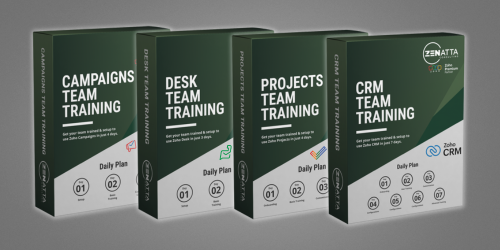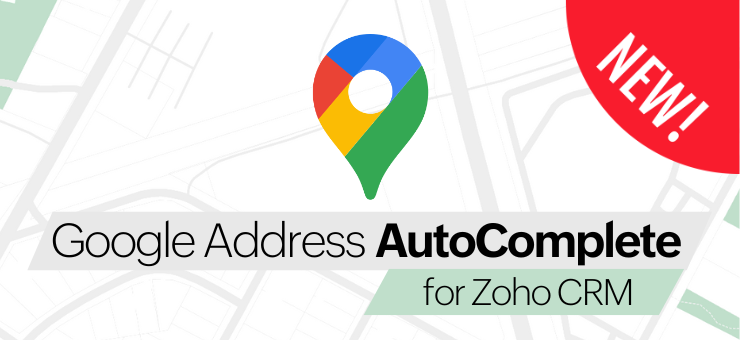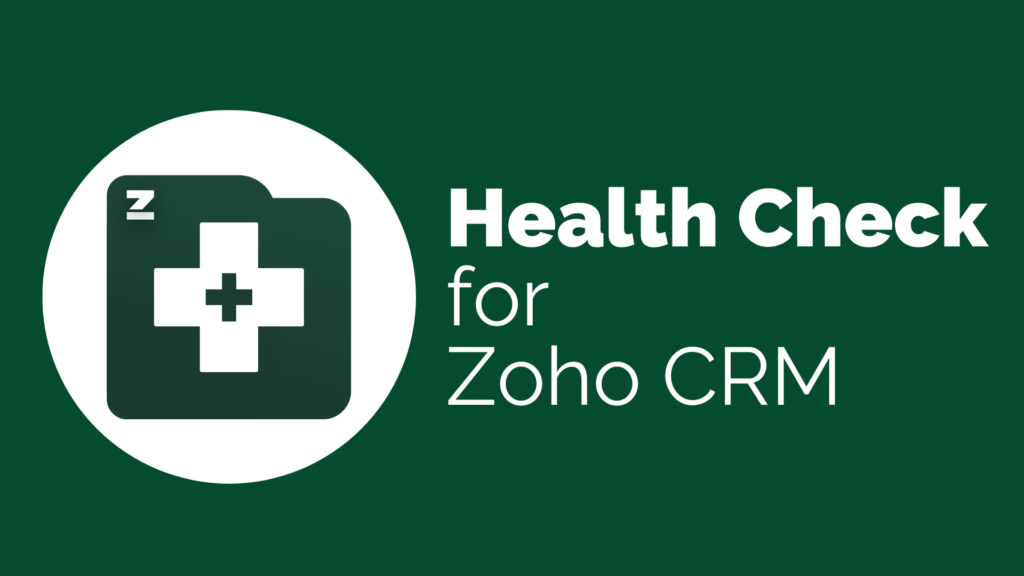Introduced by the European Union in 2018, the General Data Protection Regulation (GDPR) has since influenced a global wave of data protection reforms, impacting organizations far beyond the EU’s borders. In this ever-changing marketing landscape, it is important to understand how email marketing has been affected by GDPR. And if you are using Zoho, how to be compliant utilizing Zoho Campaigns.
Understanding GDPR
Before we dive into the various things to consider for GDPR, let us do a brief overview of why it came to be. EU law introduced GDPR with the intention of providing individuals with greater control over their personal data. These regulations apply to any organization that processes the personal data of individuals within the EU, irrespective of the organization’s location. The principles of GDPR revolve around lawfulness, fairness, transparency, data minimization, accuracy, storage limitation, and data integrity and confidentiality. These principles mandate that businesses obtain explicit consent before collecting personal data, limit data collection to what is necessary, ensure data accuracy, and maintain data security.
Zoho Campaigns and GDPR Compliance
If you know anything about Zoho, they take data privacy very seriously. With that in mind, Zoho Campaigns has been designed with a focus on data privacy and providing organizations with the tools they need to stay GDPR compliant. Zoho Campaigns includes a variety of features that support GDPR compliance, thus facilitating businesses in their compliance journey. These features include:
Consent Management
GDPR requires obtaining explicit and informed consent from individuals before processing their personal data. Zoho Campaigns has built-in consent management features that make this process seamless for businesses. They can easily create and manage consent forms, ensuring subscribers are well-informed about how their data will be used.


Example of GDPR Compliance: A business sends an email campaign with a clear and easily accessible consent form. The form explains how the data will be used and requires explicit opt-in from the user.
Example of Non-Compliance: A business sends an email campaign and assumes consent because the user did not opt-out. This approach is against the requirements of the GDPR.
Data Anonymization
The GDPR provides individuals with the ‘right to be forgotten’, which mandates businesses to delete personal data upon request. Zoho Campaigns supports data anonymization, allowing businesses to delete user data permanently and irrevocably, thus upholding the individual’s right to be forgotten.
Data Portability
The GDPR gives individuals the right to request their personal data and use it for their own purposes. Zoho Campaigns facilitates data portability.
Example of GDPR Compliance: Upon request, a business provides a user’s personal data in a common, machine-readable format.
Example of Non-Compliance: A business denies a user’s request for their personal data or provides data in an inaccessible format.
Right to Erasure
In addition to data anonymization, the GDPR mandates the right to erasure or the ‘right to be forgotten.’ Zoho Campaigns respects this right, allowing businesses to completely erase a user’s data from their records upon request.
Security Measures
Zoho Campaigns adopts robust security measures to protect data. These include encryption, access controls, and regular security audits. By implementing these measures, Zoho Campaigns helps businesses meet the GDPR requirement of ensuring secure data processing.

Conclusion
Remember, achieving and maintaining GDPR compliance is not a one-off task but a continuous process. It involves staying up-to-date with regulatory changes and assessing and improving your data protection practices regularly. The key is to strike a balance between leveraging data for business growth and respecting and protecting individuals’ data privacy rights.









